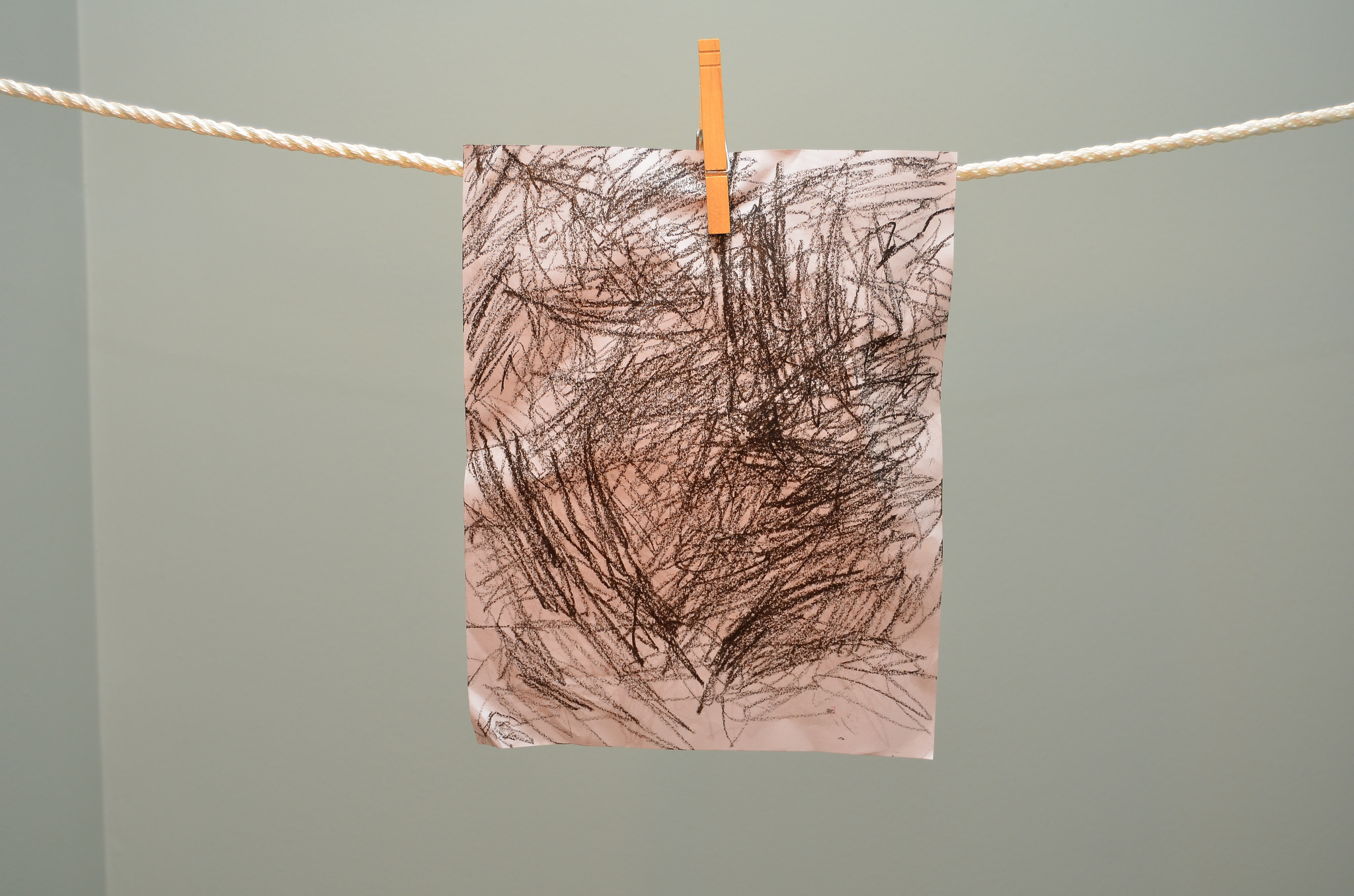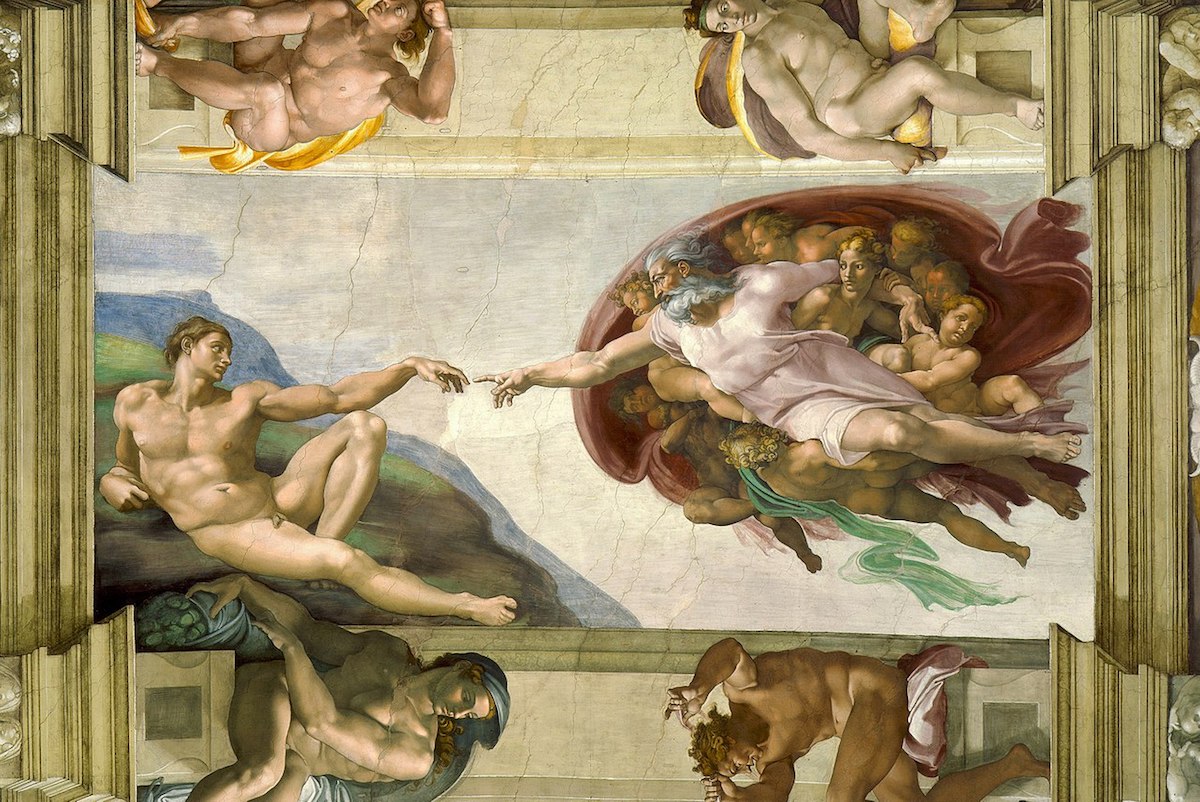Activism
My Unpopular Opinion: There Are Too Many Mediocre Artists
There are too many artists, too many people who want to be artists, most of them aren’t very good, and schools should focus on inculcating self-discipline rather than dopey ‘all must have prizes’ creativity.

Every now and again, a friend of mine holds a ‘what’s your unpopular opinion?’ discussion in a club we jointly run.
Everyone takes turns to say something not so much outrageous or contrarian (debates are seldom about politics) but bitter – as in ‘bitter truth’. People argue, say, that colonialism is a good idea (when done by the British, of course), or that sometimes historic buildings and artefacts are more important than people (and should by preference be preserved in wartime), or that corporal punishment is probably not such a bad idea for certain sorts of crimes (and criminals).
He imposes the Chatham House rule so people aren’t set upon afterwards by mobs of offendotrons trying to get them sacked for wrongthink.
Well, I’ve decided to go public with one of my unpopular opinions.
There are too many artists, too many people who want to be artists, most of them aren’t very good, and schools should focus on inculcating self-discipline rather than dopey ‘all must have prizes’ creativity.
Most people are only ever going to be drones. Telling them because they starred in the high school musical or wrote the best poem in the school magazine means they’re going to make it as an actor or writer is a monstrous lie that sets them up for disappointment.
All the arts – but especially literature – have low barriers to entry. Huge numbers of people are attracted to what are seen to be glamorous fields like writing, acting, directing, and painting. Often, this is because one person is plucked from the crowd and becomes a star – there’s nothing quite like a narrative where we get to cheer on the underdog – known in the trade as a ‘winner takes all’ market. However, the economics of ‘crowded fields’ means the larger the number of participants, the more randomness and luck play a role in determining success.
There’s a reason lawyers and doctors make so much money: they have professional associations restricting access to the right to work as one. Writers and artists, by contrast, have to persuade either markets or governments to give them money.
That is why – in these modern ‘attention economy’ times – publishing houses insist on using identity politics to try to ‘move the merch’. And you read that right – intersectional feminism and mandated racial diversity are marketing and branding strategies, not politics. That’s why they’re so light on policy solutions, and what policies they do propose are routinely based on pseudoscience. Nearly everything intended to ameliorate the gender pay gap or reduce violent crime rates, for example, is flat wrong, and produces what my dad used to call ‘pissing in a wetsuit’ policy – it ‘feels good, but doesn’t show’.
It’s also why they look so good on glossy corporate brochures and in civil service Powerpoint decks, as well as making it easier to sack opinionated employees (Google’s James Damore is merely one among many). Who needs a union or workers’ rights? We have diversity! Look at all those pretty colours and shapes!

Meanwhile, universities (yes, you can go to university, rack up student debt, and ‘learn’ to be a writer) tell some people – depending on skin tone, sex, orientation, or something else – as a matter of routine they have an important and luminous story to tell because of what they are. But we now know the only diversity that has any effect on literary quality is viewpoint diversity. All saying otherwise does is disclose to the individuals in question they’re starring in their very own episode of South Park – as ‘Token’.
There is nothing quite like seeing a modestly talented person crumple when they think an opportunity has been snatched from them when they have to go and drive for Uber or take a factory job. Even worse is the modestly talented person who persists (and persists) and is paid nothing at all while churning out content for Huffington Post.
These people are everywhere in the economy, living hand-to-mouth and doing idiot things like demanding ‘luxury communism now’ (that’s from Ash Sarkar, the self-described feminist Muslim who had a go-round with Piers Morgan on Good Morning Britain recently.)

Feminists, too, live in mum’s basement and call themselves ‘writers’ or ‘artists’. It’s not just MRAs and the sadder sort of gamers. They live there because they think, one day, they’ll land on (literary) Free Parking in Monopoly and thence lay hands on the Big Brass Ring.
That’s not how it works, and worse, all it does is inflict bad writing on the rest of us. No wonder sales of literary fiction around the world have fallen off a cliff.
For all that governments and universities can pay a writer to write, they can’t make the public buy what’s written. That is where markets – even when we prefer the East German way of doing arts policy – do play a role. It’s worth noting other writing genres are fine, too – science fiction, crime, fantasy, thrillers, romance – these are selling better than ever. We can’t blame literary fiction’s current parlous state on e-books or Amazon.
The best argument for burning state-supported arts infrastructure to the ground (and then salting the earth on which it once stood) is the opportunity to tell vast numbers of talentless hacks to give up their dreams, get some discipline, and heed some timeless advice from former Australian Prime Minister Paul Keating.
‘Get a job, you bum’.
This article was originally published in The Spectator.






